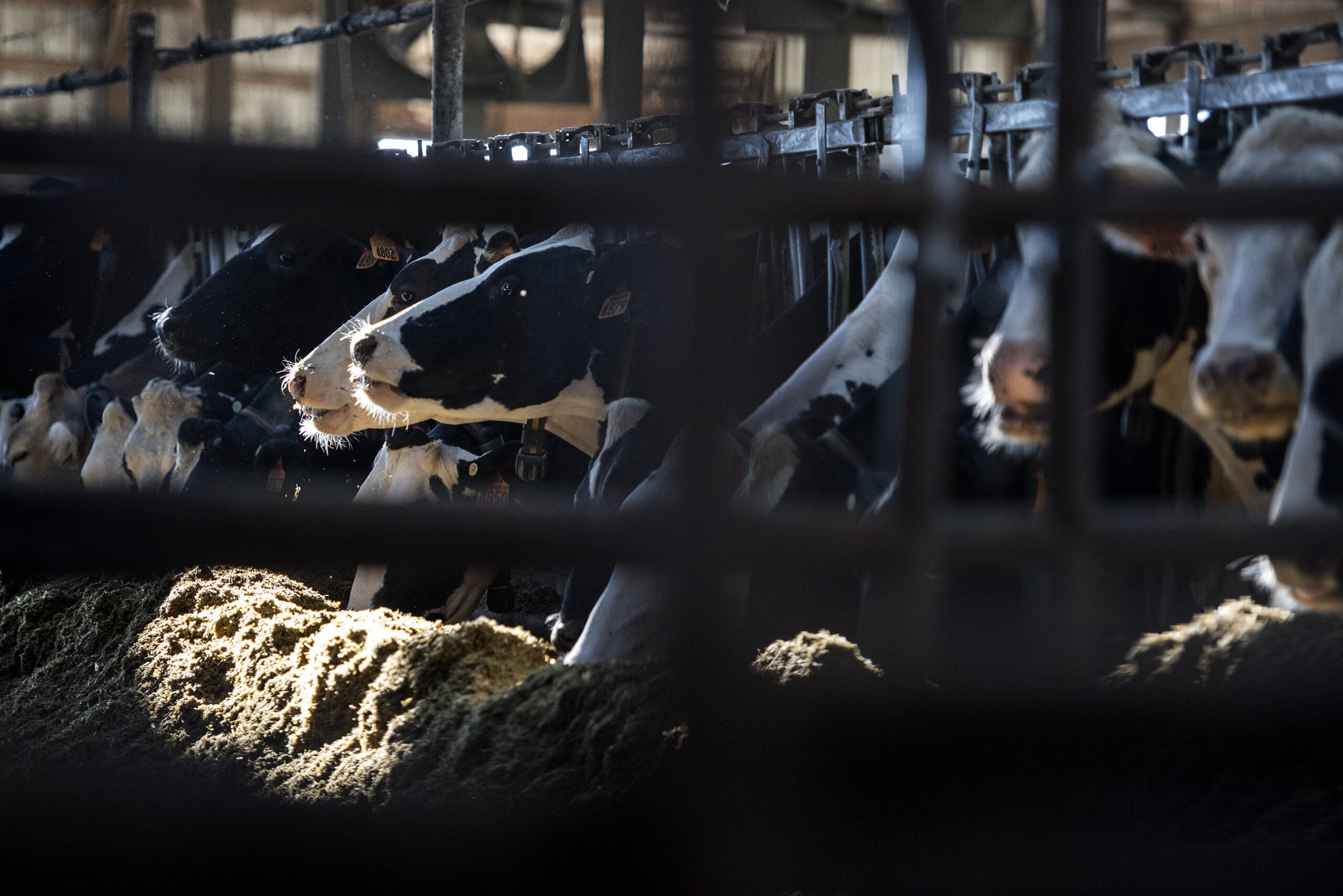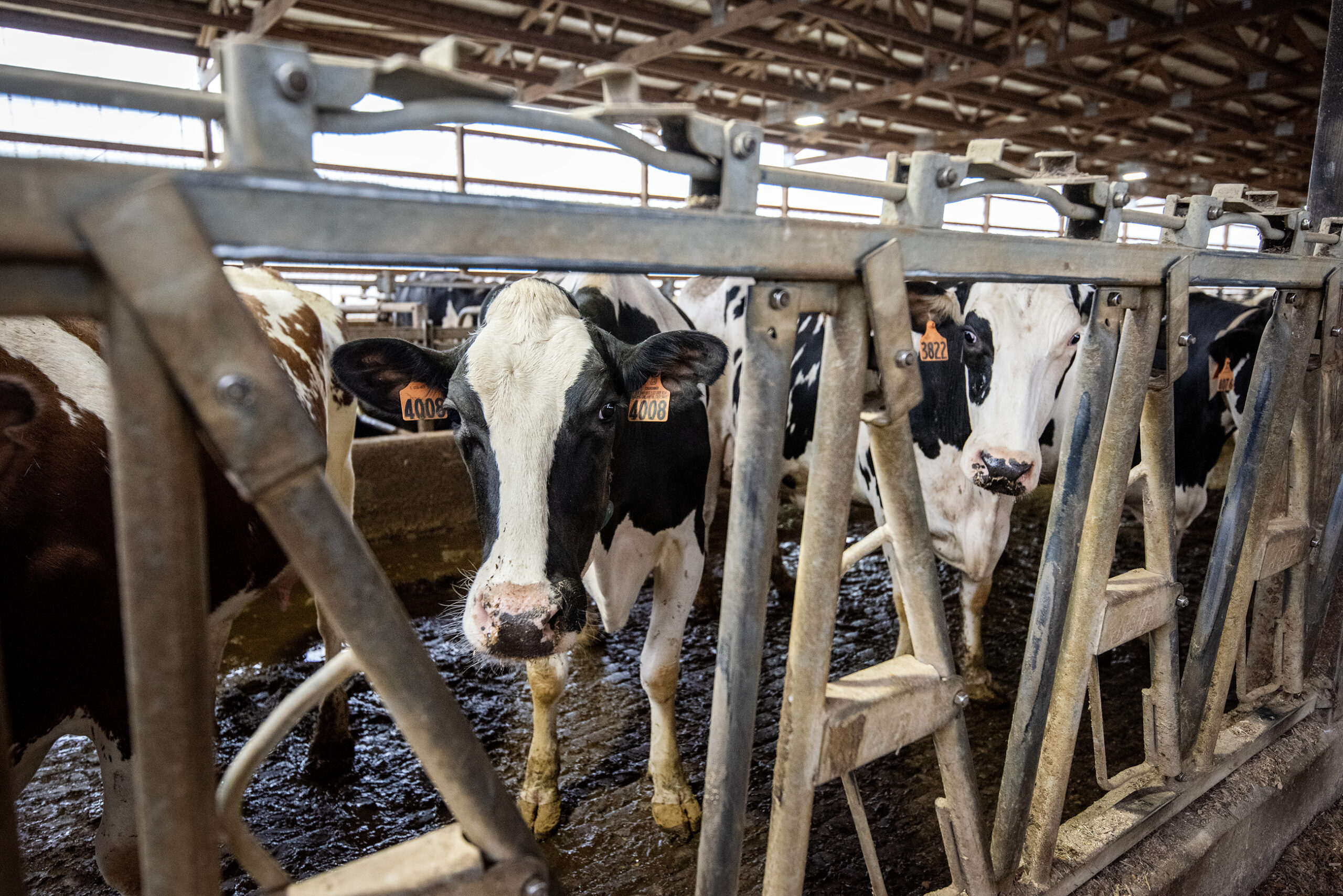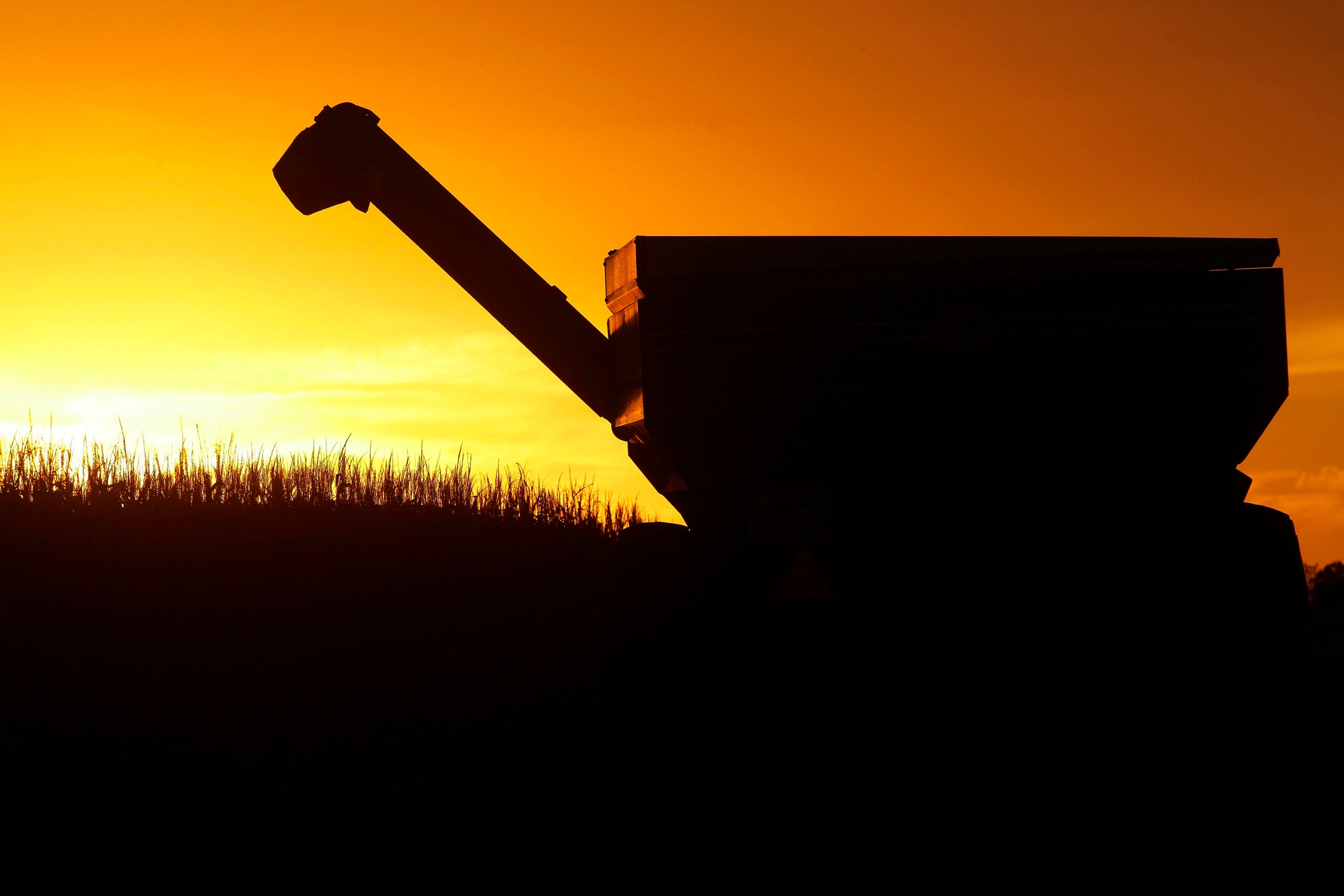State of Agriculture-
With prices paid to conventional farmers expected to decline in 2016 for the third year in a row, some farmers and those with close ties to the industry say the diversification that Wisconsin’s agriculture industry has undergone in the last 20 years will help many survive a time of low prices.
The U.S. dollar is strong compared to the rest of the world, and with the Chinese economy particularly weak right now, other countries don’t import as much food from U.S. farms like milk or other dairy products. As a result of the strong U.S. dollar, other countries are looking to import dairy products causing a glut in the United States, which contributes greatly to the lower prices farmers in the United States are getting.
Westby dairy farmer Darin Von Rudin, the president of the Wisconsin Farmers Union calls the situation a ‘perfect storm.’
Von Rudin said Wisconsin’s dairy industry is now in what’s known as the flush season, early spring, which is also the busiest time for milk production in the state.
“The processing facilities we have in the state are actually full right now on a daily basis, so they have to find markets outside of the upper Midwest to send that excess milk, which means they’re going to be getting a lower price,” Von Ruden said in some instances there is no market for the milk that’s being produced. “There’s actually tanker-loads of milk that are being put back on fields, or are put in the manure systems because there just isn’t processing capacity for that milk.
While markets have been declining recently, farmers in the United States have actually seen about seven years of good prices according to University of Wisconsin Extension Agriculture Agent Bill Halfman of Monroe County.
Halfman said most farm economists believe the commodity markets are expected to be down for awhile
“Right now, we don’t compete very well because the value of our currency is so high and so those foreign countries with limited money are going to look to where can they get the best value for their dollar,” said Halfman
A farm lender said Wisconsin’s agriculture economy is different from many traditional farm states in that it doesn’t have to rely on one type of farming. While Wisconsin may be known as America’s Dairyland, Ty Martin, who is vice president of credit delivery for Badgerland Financial in Richland Center said Wisconsin farms have been able to diversify, unlike many farms in states like Iowa and Illinois which mainly grow corn or soybeans.
“Around here you can drive not too far and you can find cranberries, you can find potatoes, you can find grain and the dairy, and you can find dairy on many different levels,” Martin said. “You’ve got Organic Valley, which is the largest organic cooperative in the nation. Having that diversification is something that while at the boom times when grain is going really big and the rest of those plain states areas really benefit from that and people say ‘Why isn’t Wisconsin agriculture growing as much?’ These are the times when having that diversification is nice.”
All three men point to the thriving organic farming and the growth in community supported agriculture or CSAs, which provide locally-grown fruits and vegetables directly to consumers as examples of farm-related changes that will help many farmers withstand depressed farm markets.
by John Davis
Episode Credits
- Hope Kirwan Host
- John Davis Producer
- Darin Von Ruden Guest
- Bill Halfman Guest
- Ty Martin Guest
Wisconsin Public Radio, © Copyright 2024, Board of Regents of the University of Wisconsin System and Wisconsin Educational Communications Board.






